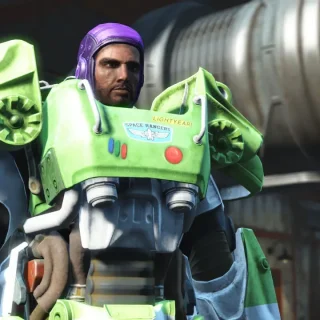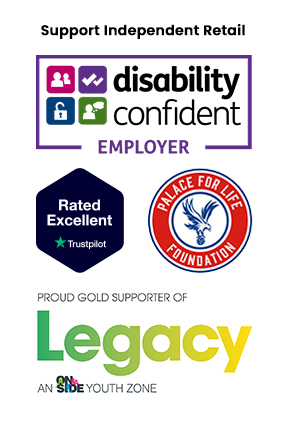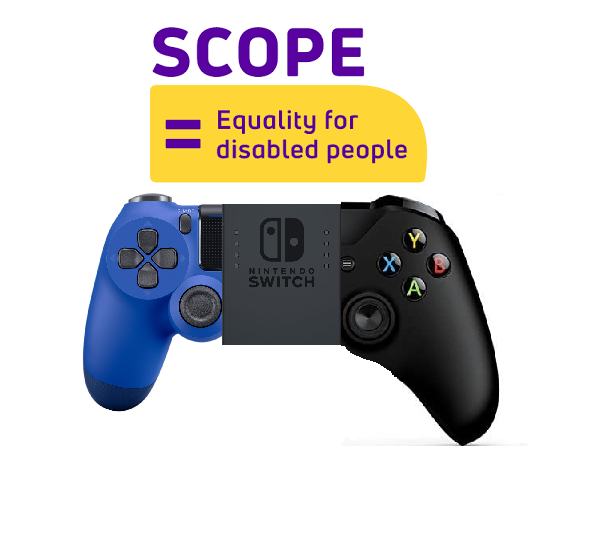
Accessibility in video games is varied and interesting topic to discuss. Not just in terms of “let me access all the games”, but also in the sense of “hey, a lot of games aren’t easily playable for folks with some disabilities, what’s up with that”.
There has recently been a report a study on needs and habits of disabled gamers in the UK, performed by the charity organisation Scope and written up by Vivek Gohill. The study included 1,326 people (812 disabled, 514 not disabled) with the goal of exploring issues faced in the gaming world. You can view the full report here.
Common complaints regarding lack of accessibility include:
- The high expense and low availability of assistive technology.
- Lack of in-game accessibility options.
- An inability to return games upon discovering it does not have contextually essential accessible features.
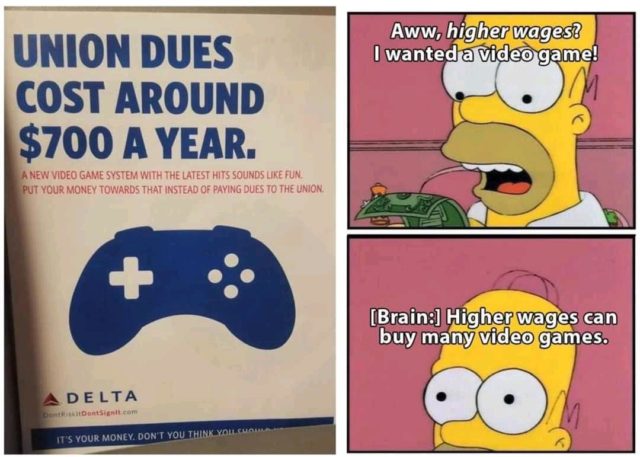
The report also showed disabled individuals often purchase in-game extras more often in games they do play, as well as watching Esports and engaging in social media more often. Gohill also pointed out the some 14 million disabled gamers in the UK alone spend combined billions in disposable income, so there’s an ethically sound reason for broadening accessible features across more video games. On a similar note, there’s a great Jimquisition episode on how loot boxes and gambling mechanics in gaming effect discourse on accessibility.
Prominent video games praised for their accessibility options include Forza Horizon 5, the latest Ratchet and Clank, and The Last of Us Part 2 (featuring options tailored for players with hearing difficulties, sight impairment and difficulty with physical mobility). We have some of those games, so poke around our store if you’re looking for any deals.
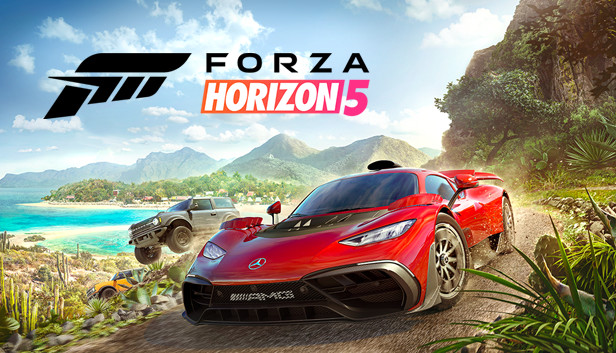
In true Paralympic fashion, Microsoft has also announced plans for an ‘inclusion-based’ Esports tournament, as well as having released an Xbox Adaptive Controller for players who struggle with the standard controller.
Given the toxicity of of many online spaces, the Scope report also highlights that “doing more to tackle negative attitudes about disability online” should be a top priority based on responses from its participants. For more on online safe spaces for gamers and reducing hate, have a look at my past article on Paidia.
As someone on the autistic spectrum, I agree that more should be done to dismantle negative preconceptions about people with disabilities. Not everyone will react the same to having those conversations and progress can be very small on an individual scale, but every little helps.
Sign up for our newsletter from the website.
Instagram: Go2GamesShop
Twitter: Go2Games
Youtube: Go2Games.com
Facebook: Go2Games.com
Store: Go2Games.com



